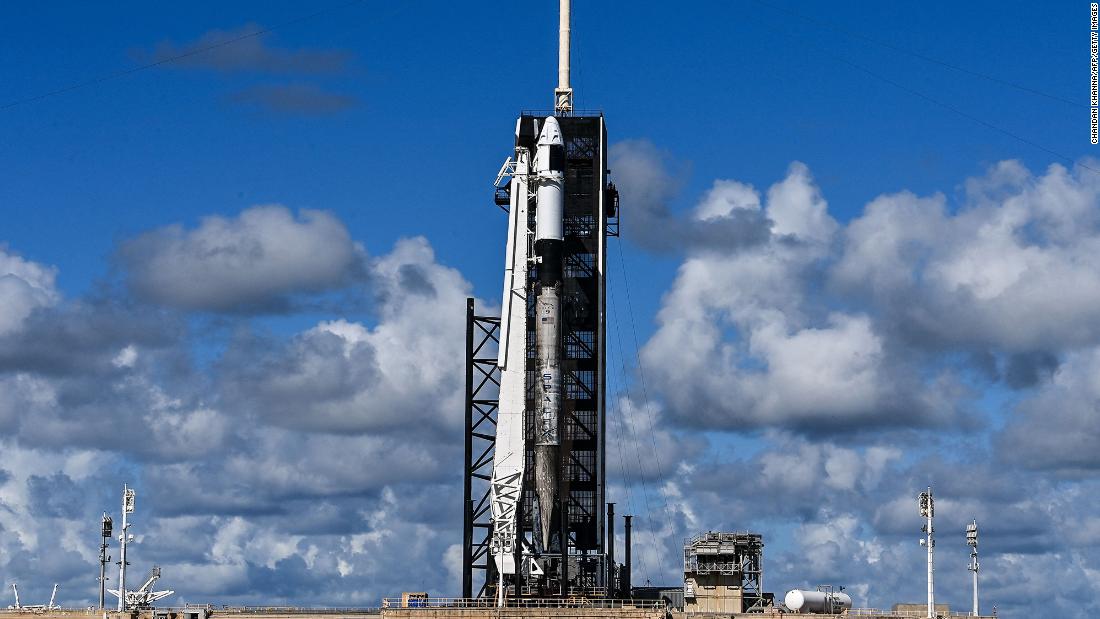
How to practice religion could be a big question for some space tourists
CNN
For centuries, a setting sun has signaled the end of fasting rituals on holidays such as Ramadan and Yom Kippur, a cue to tuck into a delicious meal after a full day of deprivation. But what if the sun's clockwork were to suddenly change, as it does for astronauts riding aboard the International Space Station, which whips around the Earth at 17,000 miles per hour, giving passengers 16 sunrises and sunsets each day?
If the proposed future of millions of people living and working in space — as it has been proposed by the billionaire space entrepreneurs such as Elon Musk — comes to fruition, it'll be far more than just a few NASA astronauts grappling with how to observe their sun-centric religious practices.
Jared Isaacman, the business owner who is preparing climb aboard a SpaceX Crew Dragon to become the first space tourist to fly to orbit from US soil on September 15 said that, although he is Jewish, he doesn't plan to observe Yom Kippur, which begins at sundown the day of his launch.

 Run 3 Space | Play Space Running Game
Run 3 Space | Play Space Running Game Traffic Jam 3D | Online Racing Game
Traffic Jam 3D | Online Racing Game Duck Hunt | Play Old Classic Game
Duck Hunt | Play Old Classic Game